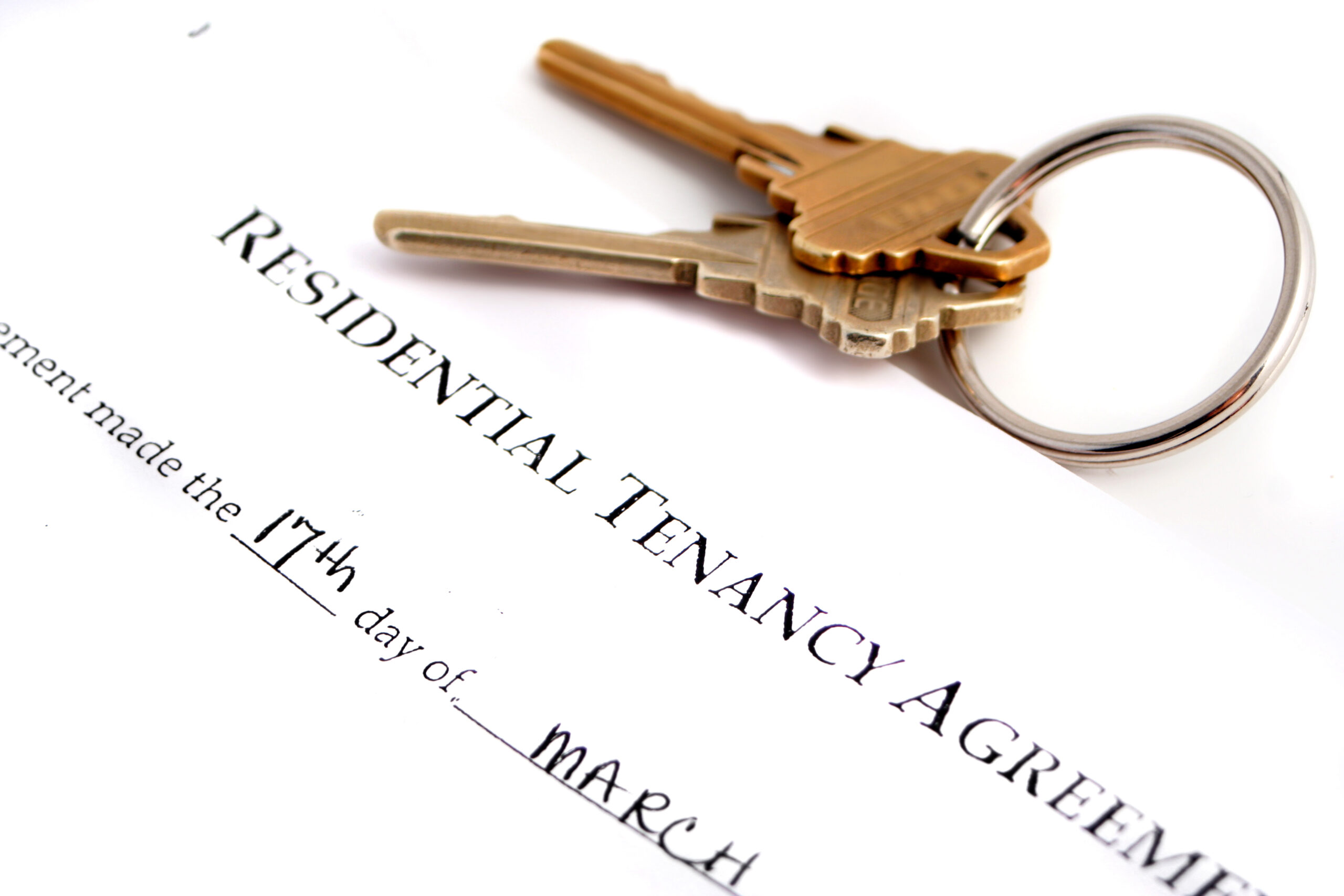
In most cases the relationship between a tenant and a landlord is a pleasant and functional one, but it can become complicated when issues arise, such as payment arrears and disrepair problems. There are many laws and regulations surrounding the landlord and tenant relationship and these largely dictate who is responsible for certain elements of the tenancy, and which will be detailed in your tenancy agreement. It is important that you refer to this agreement, but also that you understand your legal responsibilities as a tenant, because this helps you understand who is responsible for disrepair issues in the property.
The main regulations controlling this relationship between landlord and tenant, is the Landlords & Tenants Act 1985. Part of this details the responsibilities surrounding repairs and maintenance of the property, and the guiding directive is that landlords must maintain the property as safe and habitable, and must ensure that essential services are maintained. This means plumbing, heating and electrical services, as well as maintaining the main structural elements of the property. At the same time, the tenant also has an obligation to look after the property, and not to be negligent with things like cleanliness and causing avoidable damage. So if not emptying bins has led to a rodent infestation, this would not be a landlord’s responsibility, and if a door has been damaged by the tenant, the landlord may agree to have it repaired for the tenant, but the tenant would have to pay for it.
What to do before making a housing disrepair claim
If a landlord is responsible for a repair issue, you have to give them an opportunity to carry it out before you can make a claim for housing disrepair. If you go ahead with making a claim, here are the important steps you need to take.
List all the issues
Make a comprehensive list of all the disrepair issues you believe are the landlord’s responsibility, and which you have not caused yourself through your own negligence or by accident.
Evidence
Document evidence of these issues to support your case. This will involve taking photos now, and also taking photos to show how the problem is getting worse, if this is the case. You should also document evidence of how the issue is affecting your daily life. This could be damage to your property (from a damp issue, for example) damage to your health (a rash or skin problem, for example) or an increase in heating costs from a structural issue.
Consult your tenancy agreement
There should be specific details of roles and responsibilities in your tenancy agreement, so consult this to check what you can claim for. In rare cases, the landlord may have absolved themselves from certain responsibilities which would normally be theirs, and you may have unwittingly signed the document to agree to this. Make sure you know what you have agreed to. The tenancy agreement should also specify what is your responsibility as a tenant, and you can check whether you are liable for any damage or deterioration.
Communications
Make sure you are polite and professional in your communications. Getting angry and abusive will not help support your case. Stick to the facts and define a timescale in how you wish the problem to be resolved. Giving the landlord a reasonable period of time to resolve the repair issue is an important factor. You should also make sure you communicate directly to the landlord, or if through a third party, you should ensure the landlord has received this information. Don’t just assume a message has been passed on. If you don’t hear anything back from your landlord within a reasonable time period, you should send a follow-up message.
Legal advice
If the defined time period you have stated has elapsed, you should contact specialist legal advice on housing disrepair, such as Legal HD. Through this you will receive professional advice and support on whether you have grounds to make a housing disrepair claim. As stated above, to be able to do this you need to make the complaint directly to your landlord, and to give them sufficient time to react and make the repair, bearing in mind it could be a significant job to arrange and pay for. This legal advice will be able to identify what is a reasonable period of time, and therefore, when you should start to make a claim.
Expert legal support in making a housing disrepair claim
Following this process is essential in supporting your case and giving you the best possible chance of making a successful housing disrepair claim. By partnering with Legal HD, you can count on the best knowledge and experience of this process, and therefore the best chance of being successful, so if you are facing a housing disrepair issue, contact Legal HD today.



